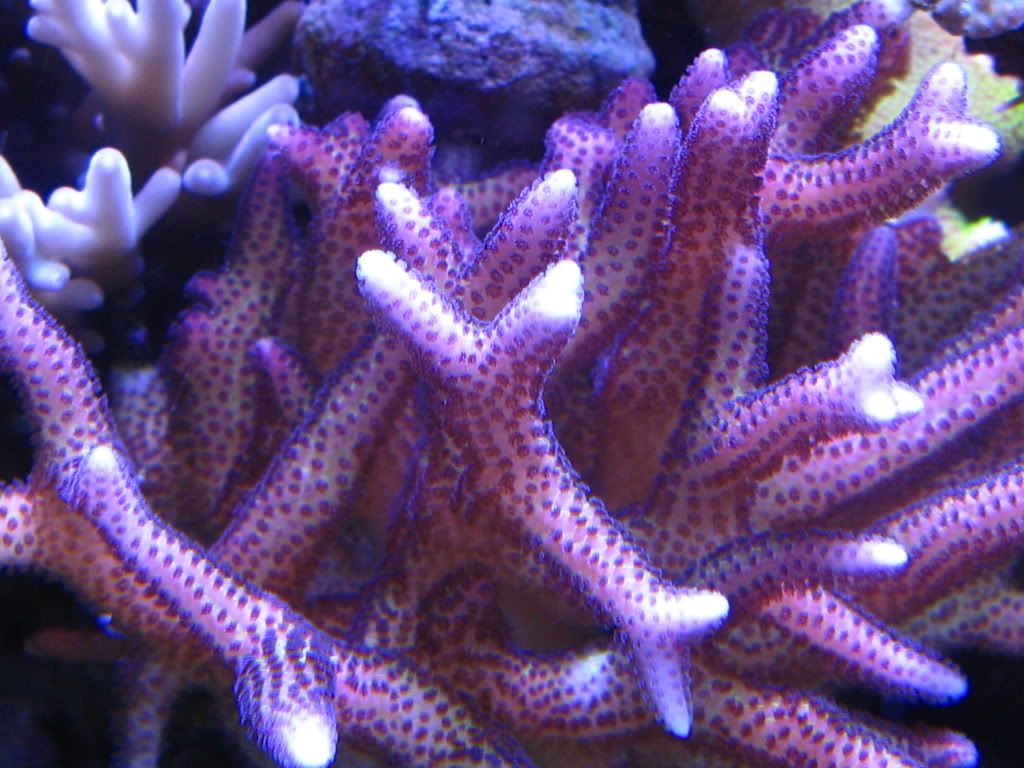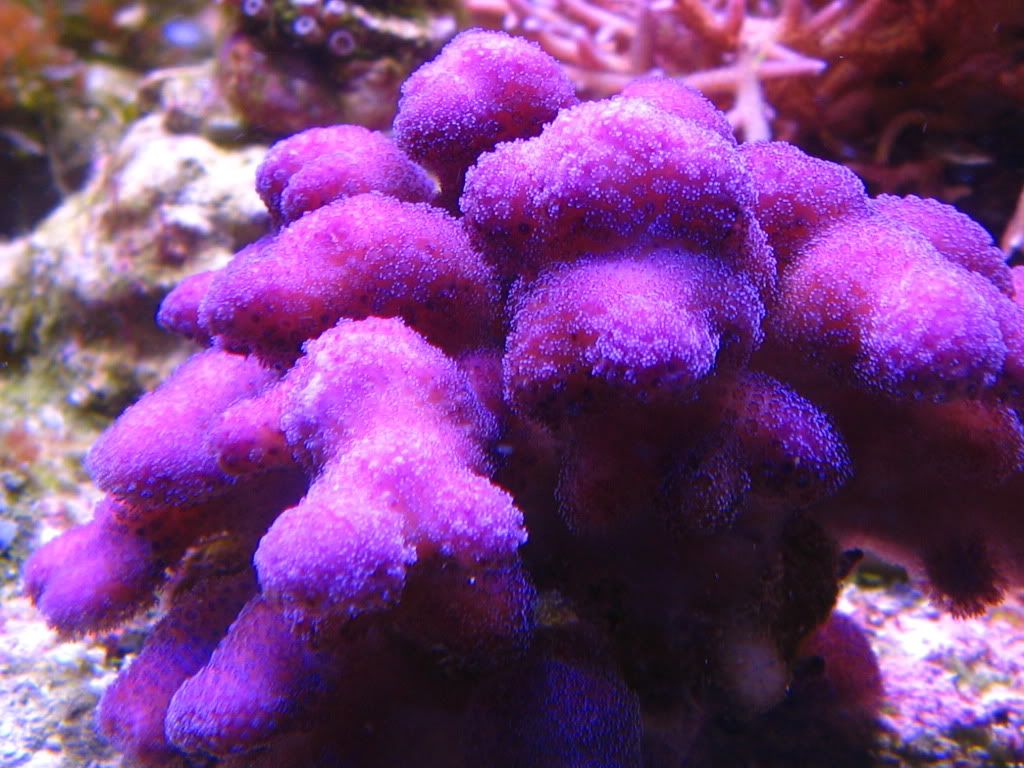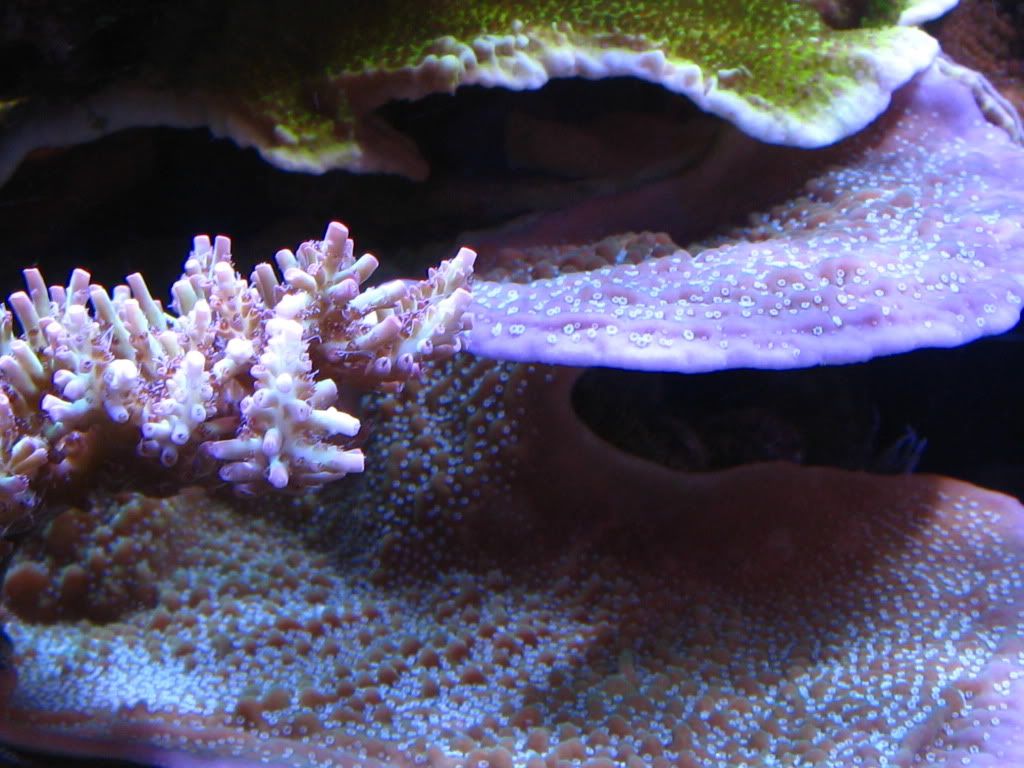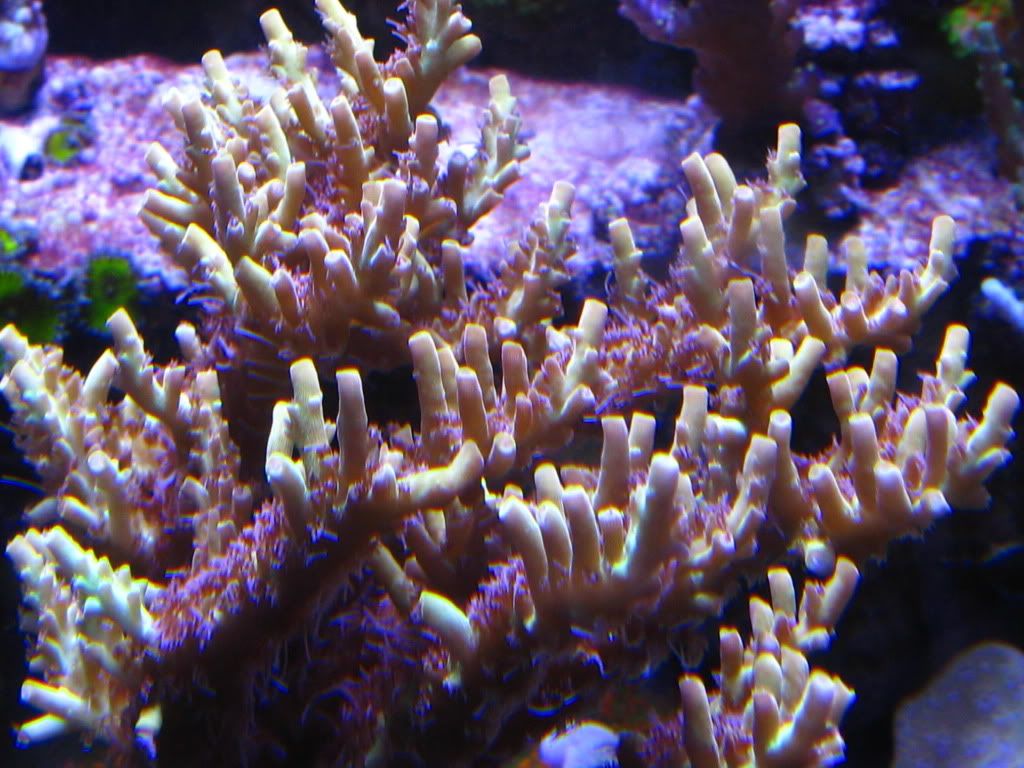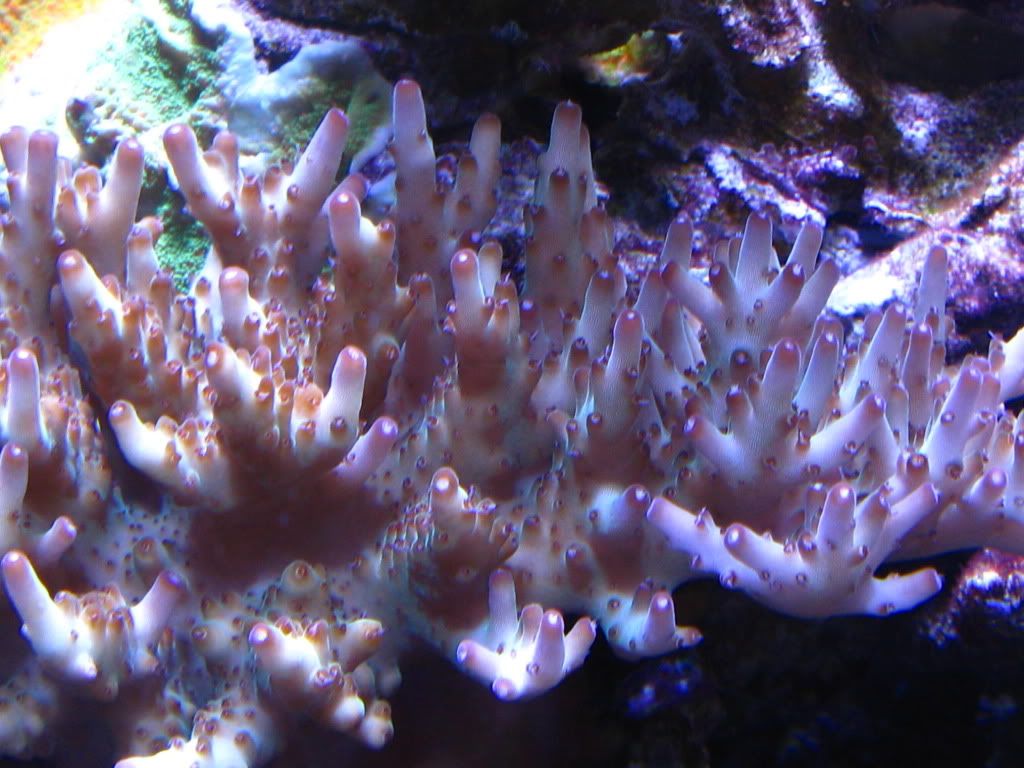I haven't heard of anyone claiming SPS released toxins. That is a new one to me. We discussed toxins here:
http://www.bostonreefers.org/forums/showthread.php?117470-Which-corals-use-neurotoxins there isn't that much known in my opinion. Nor would you know whether a skimmer or GAC would remove them more efficiently. GAC and GFO work similarly and GAC is more efficient, at least for it's relatively short life-span, but that dosn't mean it removes everything that a skimmer removes. I also doubt "toxicity" even if just for the anecdotal fact that I've run small, closed mixed nano-reefs with no GAC or skimming, with "toxic" corals inches from "sensitive" corals. I tend to think there are combinations of other factors, going on in most cases where toxins are suspect, but that is my opinion.
As to HLLE, this is a popular topic lately. For example, there was this study:
http://www.coralmagazine-us.com/content/activated-carbon-hlle-smoking-gun-found
Although, it did not show a mechanism for the apparent association, did not really control much if any for other possible factors and did not show any better alternative to carbon. It also, in my opinions, drew some strong, less than scientifically rigorous conclusions, not supported by the data.
The authors published here, with revisions:
The Role of Activated Lignite Carbon in the Development of Head and Lateral Line Erosion in the Ocean Surgeon
Jay Hemdal, R. Andrew Odum
North American Journal of Aquaculture
Vol. 73, Iss. 4, 2011
Also, this article, repeated some of the results, although, again, we don't have a mechanisms or alternative. It is possible protein skimming could cause HLLE (although, if you listen to "unofficial" references on the web, that isn't the case. I'm not a big fan of unpublished chatter though).
Effects of Full-Stream Carbon Filtration on the Development of Head and Lateral Line Erosion Syndrome (HLLES) in Ocean Surgeon
M. Andrew Stamper, Michele M. Kittell, Erin E. Patel, Allison L. Corwin
Journal of Aquatic Animal Health
Vol. 23, Iss. 3, 2011
I've been busy, so I haven't had a chance to start a new thread. We can move the discussion there, especially if it continues.
